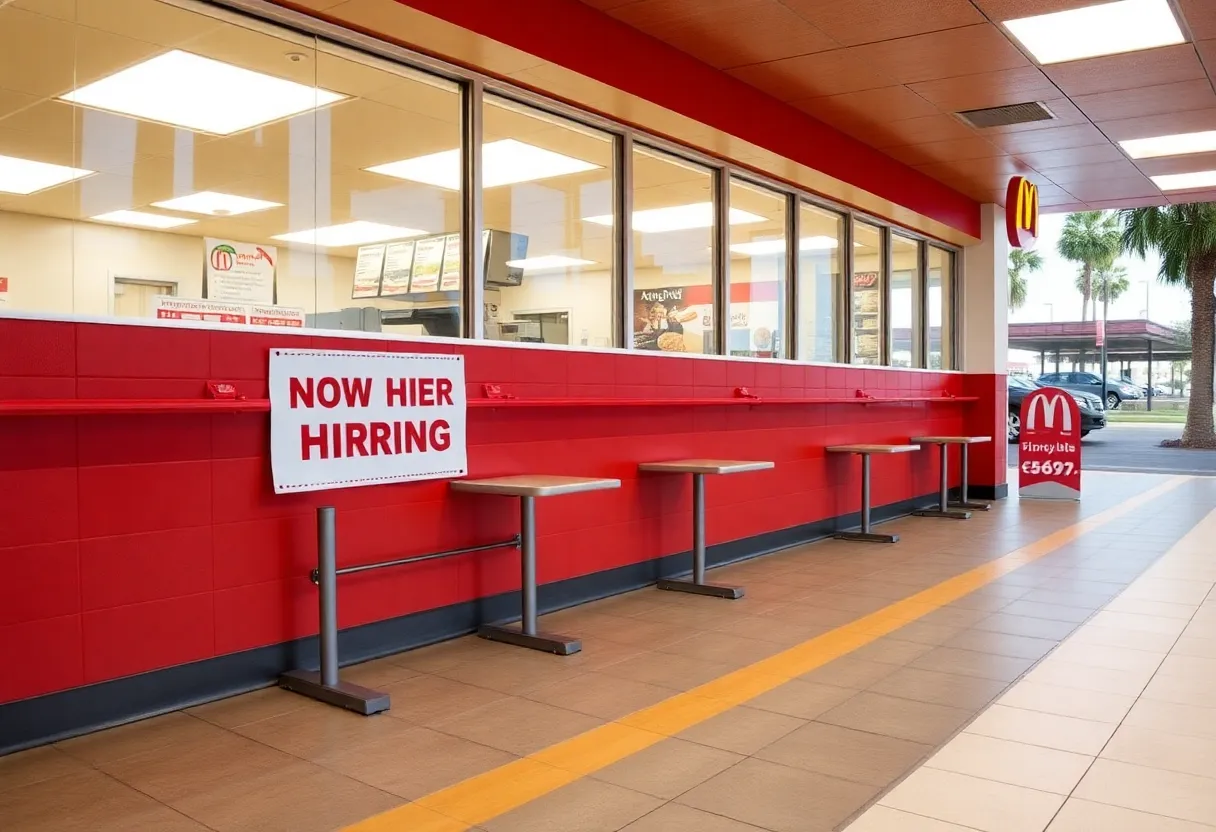News Summary
California’s implementation of a $20 minimum wage for fast food workers, under the FAST Act, has yielded mixed results. While nearly half a million employees benefited, significant job losses, particularly in limited-service restaurants, have raised concerns. Economists are divided on the wage’s broader economic impact, noting both improved worker conditions and reduced hours for many employees. The Fast Food Council will meet soon to discuss potential further wage increases amidst the ongoing debate regarding sustainability and economic implications.
California has experienced mixed results following the implementation of a $20 minimum wage for fast food workers, enacted under the Fast Food Accountability and Standards Recovery (FAST) Act in April 2024. Nearly half a million fast food employees have benefited from the increase, which surpasses the state’s overall minimum wage of $16.50. However, economists and industry experts are divided on the broader economic impact, including job loss and changes in work hours.
As of March 2025, California’s limited-service restaurants suffered a decline of 3.1% in employment, equating to over 22,600 jobs lost. This drop is more considerable than the national trend, which reported a modest 0.8% increase in fast food employment during the same period. Restaurant owners attributed the job losses to the heightened wage costs, prompting them to reduce employee hours or implement hiring freezes.
Feedback from workers has indicated a mixed experience. Despite the higher wage, many employees report reduced work hours, leading to similar financial pressures as before the increase. The dichotomy in perspectives is evident; while some studies suggest that the wage increase has not led to significant changes in jobs or hours, others point to marked job losses attributed directly to the new wage law.
Economic Implications
Christopher Thornberg, an economist from Beacon Economics, has highlighted significant job losses in the fast food sector following the wage adjustments, a contrast to earlier assertions that the changes would have negligible impacts on employment levels. A report from March 2025 confirmed that the California fast food industry had faced a loss of more than 23,100 jobs post-implementation of the FAST Act.
Conversely, some experts, such as Michael Reich from UC Berkeley, have argued that the FAST Act improved conditions for workers, raising wages by 8% to 9% on average without a corresponding loss of jobs. The increase has benefited many employees, allowing them to better manage living expenses and contribute to their families’ financial stability.
Challenges for Workers
Even with the wage increase, some workers have faced challenges, including reduced total work hours per week due to scheduling changes. Reports from employees like Selvin Martinez from San Jose suggest that while they can meet financial obligations more easily, their total earnings have not significantly improved due to lost hours. Across California, there are concerns about the sustainability of these changes as fast food prices reportedly increased by 1.9% relative to national trends within the initial six months following the policy’s rollout.
Business Responses
Fast food restaurant owners are expressing concerns about reduced sales, with some franchise operators noting declines across several locations over the past year. Kerri Harper-Howie, a franchise owner, reported that her family-run business had to rely on savings to accommodate the higher wage costs while also facing diminishing sales. This situation compelled her to cut labor hours extensively, avoiding layoffs but reducing employee working time.
Future Considerations
Looking ahead, the next meeting of the Fast Food Council is scheduled for January 23, 2025. The agenda will include discussions about a potential further wage increase to $20.70. However, opponents of additional wage hikes argue that small businesses may struggle to manage any further increases, insinuating that it could pose additional financial hardships. The debate continues between proponents and representatives from fast food companies regarding the economic impact studies surrounding the previous wage adjustments and their effect on employment levels.
This ongoing discussion underscores the complex dynamics at play in California’s fast food industry following the implementation of the FAST Act, revealing both the benefits for workers alongside the challenges faced by employers and employees in adjusting to new economic realities.
Deeper Dive: News & Info About This Topic
- CNN: California Fast Food Wage Hike
- Google Search: California fast food wage hike 2025
- KTLA: California McDonald’s Owner on Wage Increase
- Wikipedia: Minimum Wage
- Reuters: California Fast Food Wage Proposal
- Encyclopedia Britannica: Minimum Wage
- Inc.: California’s $20 Fast Food Minimum Wage
- Google News: California fast food minimum wage impact







